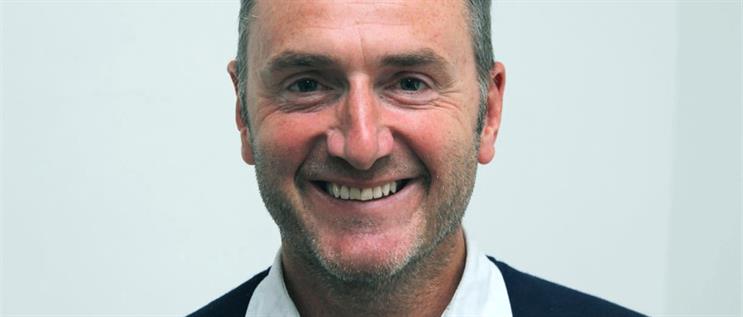The mercury is rising in adland. Kevin Roberts’ absurd pronouncement that the diversity debate "is all over" – a bold call when there are twice as many men called David at the helm of FTSE 100 companies than women of any name – became broadcast news overnight.
His resignation a few days later was more akin to a politician’s sudden denouement than a business leader’s.
That very public fall from grace is a reminder not just of the lightning speed of modern media but of commentators’ enduring interest in our industry and the standards we are quite rightly held to as employers and tastemakers.
I’m a firm believer that those two roles, the one inward-facing and the other outward, are actually deeply entwined. That the images we send out into the world on our clients’ behalf – progressive, conservative or otherwise – in turn shape perceptions of our industry as employer.
Put simply, if I deem at least some of the advertising I see to be sexist, then I might reasonably conclude that the industry that manufactures it remains, at least in part, sexist also.
If I see only white faces in advertising, then I might reasonably assume it is because the industry remains, to borrow Greg Dyke’s famous criticism of the BBC, "hideously white".
Put simply, if I deem at least some of the advertising I see to be sexist, then I might reasonably conclude that the industry that manufactures it remains, at least in part, sexist also.
That being the case, we need to redouble our efforts to be at least more representative of "the world as it is" – and ideally a good deal more progressive – in our outputs, not just in our boardrooms or creative departments.
Our work and our workers currently serve to cement the status quo. Both can work in lockstep to bring about change.
Unilever’s recent public pledge to drop all sexist stereotyping from its advertising, for example, has the potential to change the conversation our industry has with millions of women worldwide. In doing so, it might also do some reputational rewiring for our industry as "employer brand".
That said, their initiative might need to move quickly to embrace our industry’s stereotyping of men as well as women. The latest publication from Credos, "Picture of Health?", shines a rare light on another audience being ill-served by their representation in advertising – primary and secondary school-going boys.
Although more of the boys interviewed for the think-tank’s report cited celebrities and friends as their primary influence on their perceptions of the male body ideal, over half reported that they feel the pressure to look good from the advertising they see.
The figures reveal 69% of teenage boys aspire to a muscular physique. Ten per cent would take steroids to achieve one and 12% would even contemplate cosmetic surgery. The numbers, troublingly, are higher among those who have been bullied.
The report goes on to explore the issue of digital manipulation of male images, of which awareness is surprisingly low. Airbrushing, it seems, is for now a feminist issue. Confronted by the truth that much male advertising imagery is doctored, three-quarters say it is not acceptable.
The Credos conclusion is unequivocal: "Advertisers should use a diversity of male body shapes and sizes to encourage more realistic aspirations among boys." In fairness to Unilever, their Lynx deodorant campaign now, belatedly, does just that.
In a week when Coca-Cola has quite rightly been lambasted for running blatantly sexist copy for its Sprite brand – presumably approved somewhere in that client organisation and endorsed by at least one media owner – the diversity call to arms has never been louder.
It’s good to know that alongside all the personal mudslinging of the last fortnight, conscientious work like that of the Advertising Association and its think-tank is being undertaken also, reminding us of our responsibilities as well as our rights.
To quote Maya Angelou, by way of Apple: "I note the obvious differences between each sort and type, but we are more alike, my friends, than we are unalike."
An advertising industry that takes that sentiment to heart will be a better one for all concerned.


